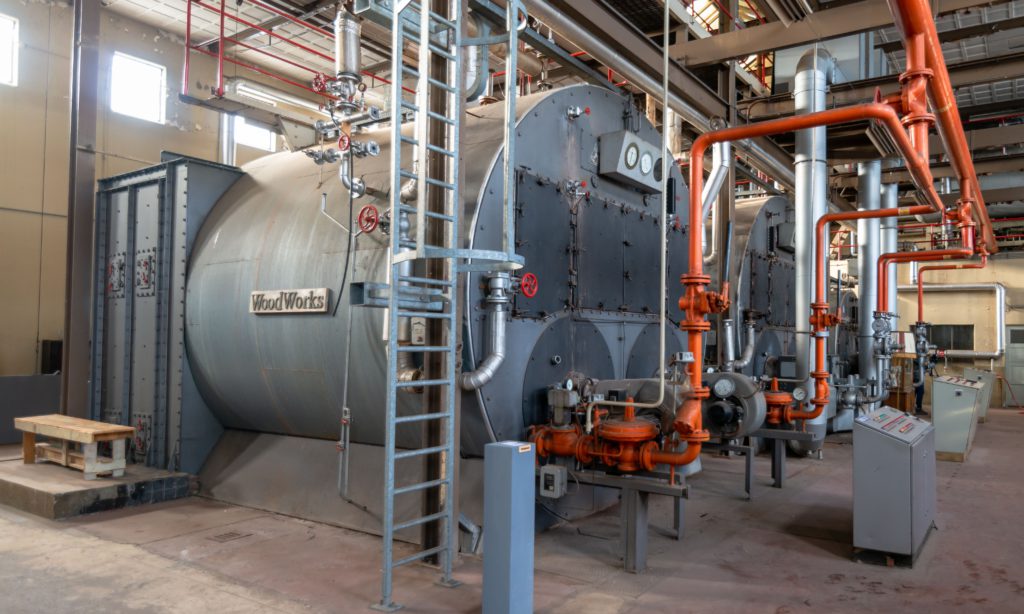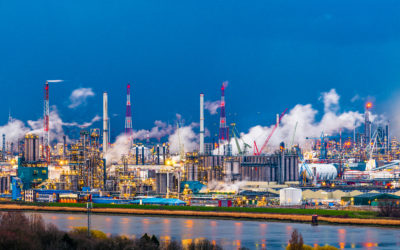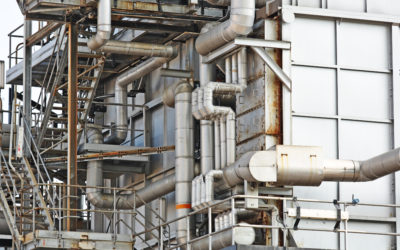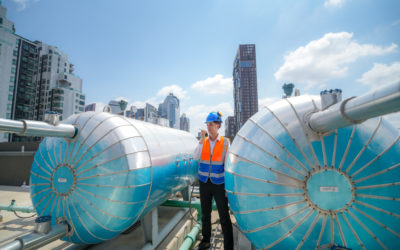Mitigating Slag Deposition and High-Temperature Corrosion in Heat Exchangers
Slag deposition and high-temperature corrosion are two of the most significant challenges in industrial boilers, especially those that use solid fuels like biomass or coal. These issues reduce the efficiency and lifespan of heat exchangers by forming thick, corrosive layers on the heat exchanger surfaces. Slag deposits, which contain corrosive alkali salts, cause high-temperature corrosion, deteriorating the metal surface and leading to costly repairs and operational downtime. Fortunately, advanced coating technologies like HeatX solve these common problems.
Understanding Slag Deposition and Corrosion in Boilers
Slag deposition occurs when solid fuel combustion releases alkali salts, which form deposits on boiler and heat exchanger surfaces. These deposits often contain corrosive elements like chlorine (Cl) and sulfur (S), which accelerate the corrosion of boiler components. Over time, this buildup reduces heat transfer efficiency by creating a barrier between the heat source and the water inside the heat exchanger tubes. As a result, energy is wasted heating the slag, not the water, leading to lower boiler performance and increased fuel consumption.
High-temperature corrosion is exacerbated by slag, which creates eutectic compounds with low melting points. These compounds corrode boiler steels at temperatures lower than the individual melting points of the salts, further damaging the system. Vulnerable areas include the combustion zone, waterwalls, reheaters, and economizers, where corrosion and slag deposition shorten equipment lifespan and increase operational costs.
The Cost of Inefficiency in Industrial Boilers
For industries that rely on industrial boilers, such as sugarcane milling and power generation, slag deposition and high-temperature corrosion can result in significant financial losses. For example, the Australian sugarcane mill industry is estimated to spend approximately five million dollars annually on repairs and downtime caused by inefficient boiler operations. These issues not only impact productivity but also add substantial costs to maintenance budgets.
HeatX: The Solution for Slag and Corrosion Prevention
To address these challenges, innovative coatings like HeatX have been developed to protect heat exchanger surfaces from the corrosive effects of slag and high temperatures. HeatX is an advanced nanocomposite surface treatment designed to repel corrosive elements like alkali salts and fly ash. By forming an omniphobic (oil and water-repellent) barrier, HeatX prevents slag deposits from adhering to heat exchanger surfaces, significantly reducing the likelihood of high-temperature corrosion.
Benefits of HeatX for Heat Exchangers:
- Enhanced Corrosion Resistance: HeatX prevents corrosive materials from attacking the metal surfaces of heat exchangers, minimizing the damage caused by alkali salts, chlorine, and sulfur.
- Improved Heat Transfer Efficiency: HeatX maintains clean heat exchanger surfaces by repelling slag deposits, ensuring that thermal energy is transferred efficiently from the heat source to the water inside the tubes.
- Extended Equipment Lifespan: With reduced corrosion and slag buildup, HeatX helps extend the operational life of critical boiler components like waterfalls, reheaters, and economizers.
- Reduced Maintenance Costs: HeatX’s protective barrier reduces the need for frequent cleaning and repairs, saving industries millions of dollars in maintenance and downtime costs.
- Environmental Benefits: By improving energy efficiency and reducing the need for frequent maintenance, HeatX contributes to lower fuel consumption and fewer emissions, making industrial operations more sustainable.
A Preventative Approach for Boiler Maintenance
By applying HeatX to boiler components, industries can prevent the formation of slag deposits and protect heat exchangers from high-temperature corrosion. This proactive approach to maintenance helps ensure that boilers operate at peak performance, reducing the risk of costly repairs and extending the lifespan of equipment.
In conclusion, the use of advanced coatings like HeatX is a game-changer for industries that rely on boilers and heat exchangers. HeatX helps companies reduce costs, improve efficiency, and enhance the sustainability of their operations by mitigating the effects of slag deposition and high-temperature corrosion. Check out HeatX with our experts input here.



